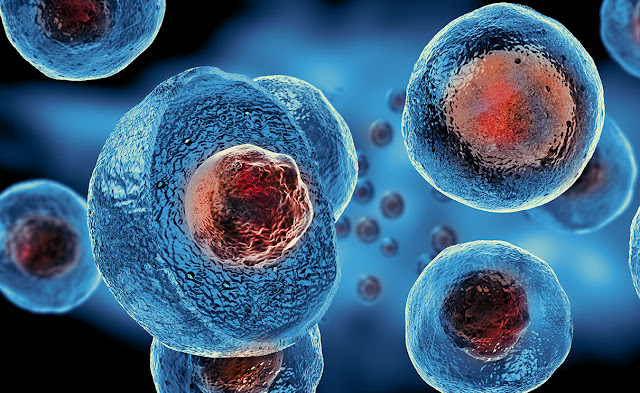Revolutionizing Healthcare: Unleashing the Potential of Stem Cell Therapy


 |
| Urothelial Cancer Treatment |
Urothelial cancer, also known as transitional cell carcinoma
(TCC), is a type of cancer that affects the urothelial cells lining the urinary
tract, including the bladder, ureters, and renal pelvis. The treatment of
urothelial cancer depends on several factors, such as the stage and grade of
the cancer, the location, and the overall health of the patient. Here, we will
discuss some common treatment approaches for urothelial cancer.
Surgery is often the primary treatment for urothelial
cancer. Transurethral resection of bladder tumor (TURBT) is a minimally
invasive procedure used to remove tumors from the bladder. In cases where the
cancer has invaded the muscle layer of the bladder, a radical cystectomy may be
performed, which involves removing the entire bladder. In such situations,
urinary diversion techniques are used to create a new way for the urine to exit
the body.
Chemotherapy is another important treatment modality for
urothelial cancer. It can be given before surgery to shrink tumors and make
them easier to remove, or after surgery to kill any remaining cancer cells.
Chemotherapy drugs may also be used in cases where the cancer has spread to
other parts of the body. In recent years, immunotherapy has emerged as a
promising treatment option for urothelial cancer. Immune checkpoint inhibitors,
such as pembrolizumab and atezolizumab, work by stimulating the body's immune
system to recognize and attack cancer cells.
Radiation therapy may be used in certain cases, particularly
when the cancer is confined to the bladder and surgery is not feasible. It
involves targeting high-energy radiation beams at the tumor to kill cancer
cells. Radiation therapy is sometimes combined with chemotherapy to enhance its
effectiveness.
In advanced or metastatic cases of urothelial cancer,
targeted therapies may be employed. These therapies target specific genetic or
molecular alterations in cancer cells that promote their growth. Examples of
targeted therapies used in urothelial cancer include erdafitinib and enfortumab
vedotin.
Clinical trials also play a crucial role in the development
of new treatment options for urothelial cancer. Participating in clinical
trials can provide patients access to novel therapies and contribute to the
advancement of cancer research.
It's important to note that treatment plans are
individualized based on the specific characteristics of the cancer and the
patient. A multidisciplinary approach involving urologists, medical
oncologists, radiation oncologists, and other healthcare professionals is
typically employed to determine the most appropriate treatment strategy.
The treatment of urothelial cancer involves a combination of
surgery, chemotherapy, radiation therapy, immunotherapy, targeted therapies,
and participation in clinical trials. Advances in these treatment modalities
have significantly improved outcomes for patients with urothelial cancer,
offering hope for better prognosis and quality of life.
Comments
Post a Comment